Question And Answer
Publications
Articles, publications, books, tools and multimedia features from the U.S. Institute of Peace provide the latest news, analysis, research findings, practitioner guides and reports, all related to the conflict zones and issues that are at the center of the Institute’s work to prevent and reduce violent conflict.
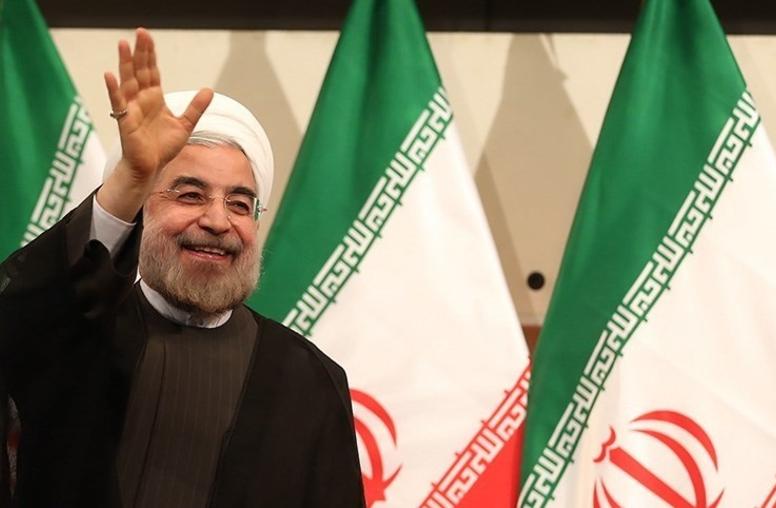
Rouhani’s Win in Iran May Not Ease Path on Promises
Iranian President Hassan Rouhani won a decisive victory for a second four-year term, with more than 41 million of 56.4 million eligible voters casting ballots, and 57 percent granting him their vote. But his platform of loosening political restrictions at home and greater engagement abroad will face challenges domestically and internationally.
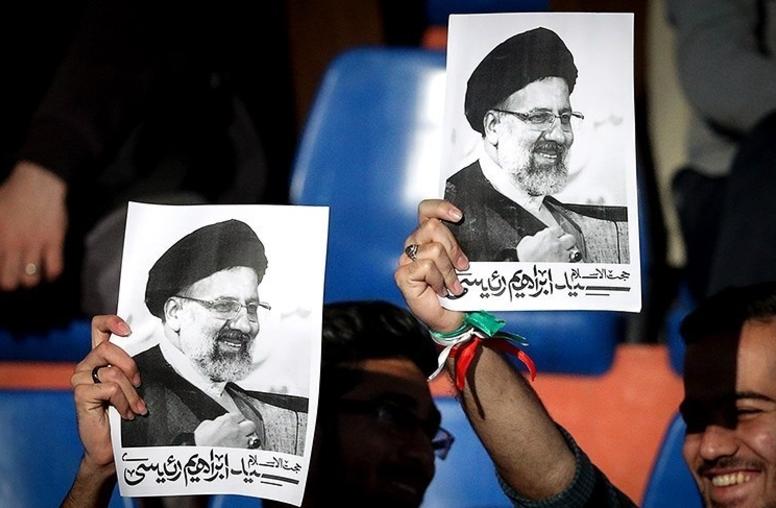
Q&A: Rouhani Faces Serious Test in Iran Election
Iranians head to the polls on May 19 to determine whether President Hassan Rouhani wins another four-year term, or is ousted or forced into a runoff by one of his challengers. The result has ramifications for relations with the U.S., as President Trump suggests a tougher line from Washington, and it will impact Iran’s actions in a Middle East roiled by wars in Syria, Iraq and Yemen. Rouhani has been more open to engaging with the West and improving relations with Iran’s Sunni neighbors in the Persian Gulf than his conservative critics.
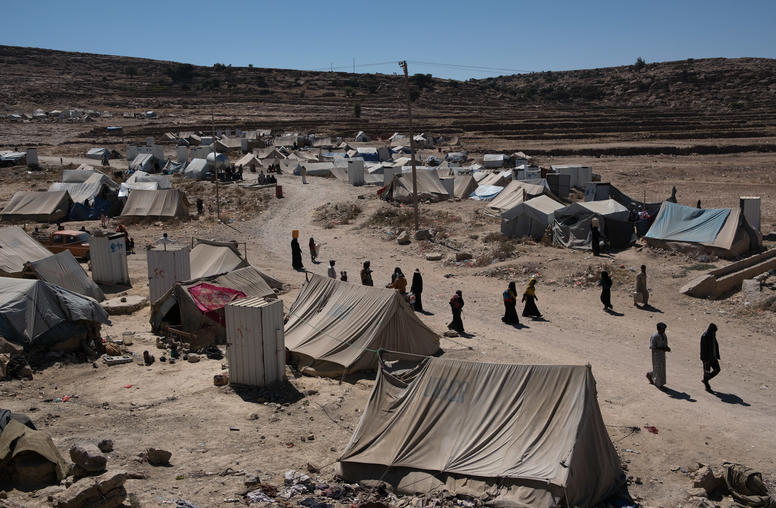
Beneath the Saudi-Iran Proxy War in Yemen, Part 2
The strategic clash between Saudi Arabia and Iran in Yemen masks multiple layers of conflict underneath that have deepened—and in some ways altered—the country’s fractures in local politics, society and security. The chaos has devastated Yemen, one of the world’s poorest countries, and has the potential to burst beyond the nation’s borders and further destabilize an already troubled region. It also allows the likes of the Islamic State (ISIS) and Al-Qaeda in the Arabian Peninsula (AQAP) to thrive.
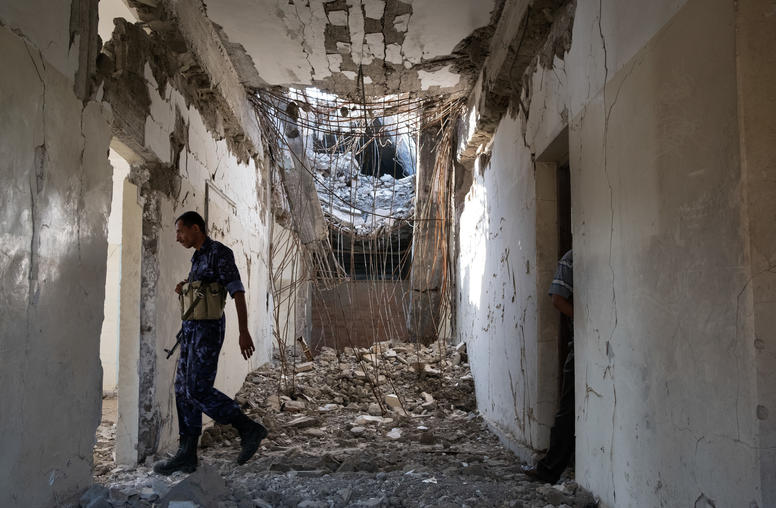
Beneath the Saudi-Iran Proxy War in Yemen, Part 1
Looking at the maneuvers by Iran and the Saudi-led coalition in Yemen from afar, the battlefield looks a lot like a black-and-white contest for regional power. But as the U.S. considers escalating its role in the conflict—and Secretary of Defense Jim Mattis visits Riyadh this week—it is essential to understand how local realities can get lost in a proxy war.
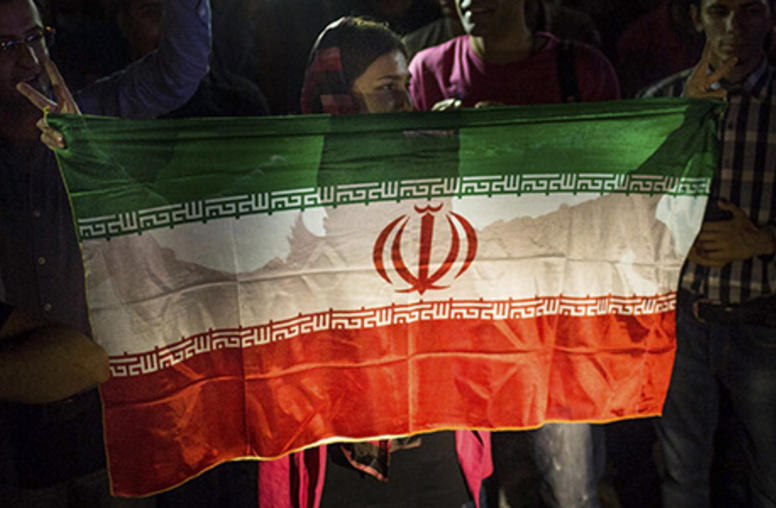
Q&A: Iran’s Elections Erode Hardliners’ Dominance
Results from Iran’s elections last week show that reformists, centrists and independents—including many new faces—won seats in both parliament and the clerical Assembly of Experts at the expense of hardliners. Garrett Nada, the assistant editor of The Iran Primer at the U.S. Institute of Peace, discusses the implications.
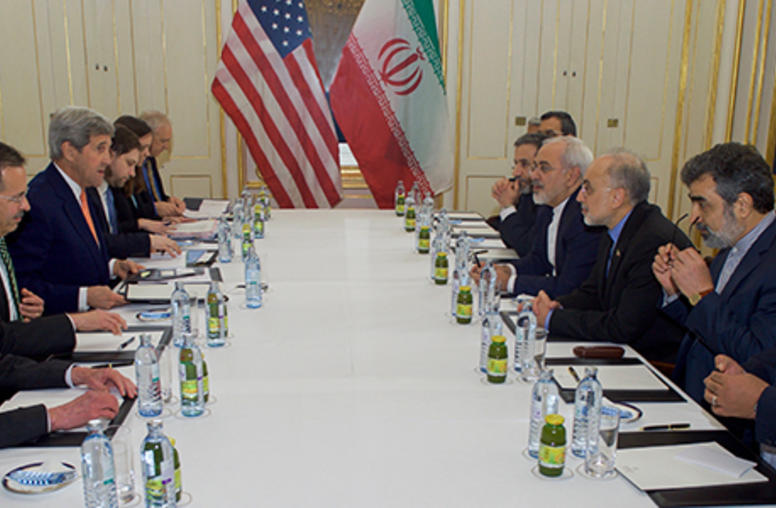
Q&A: Iran Nuclear Accord Milestone
In a historic milestone of the nuclear agreement reached in July between Iran and the world’s major powers, the United Nations’ nuclear watchdog certified on January 16 that Iran had complied with restrictions on its nuclear program and the international community lifted a range of sanctions imposed on the regime over the past decades. Daniel Brumberg, a special advisor at the U.S. Institute of Peace, considers the ramifications for the region and the world.
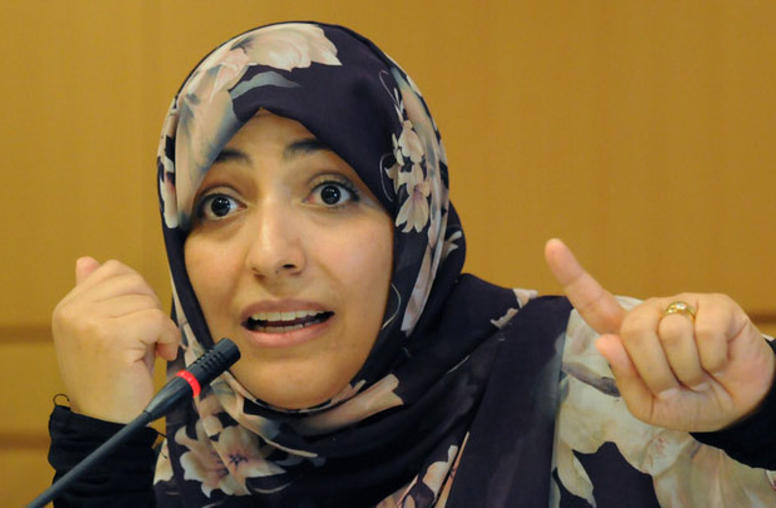
Halting Yemen’s War: U.S. Must Lead, Nobel Peace Laureate Says
Tawakkol Karman, the Yemeni human rights activist who won the Nobel Peace Prize in 2011, called on the United States to assume a bigger role in trying to revive a political process that might end the war now tearing her country apart. She urged the U.S. government to lead in pressing for a cease-fire and the transformation of Yemen’s militias into political parties.
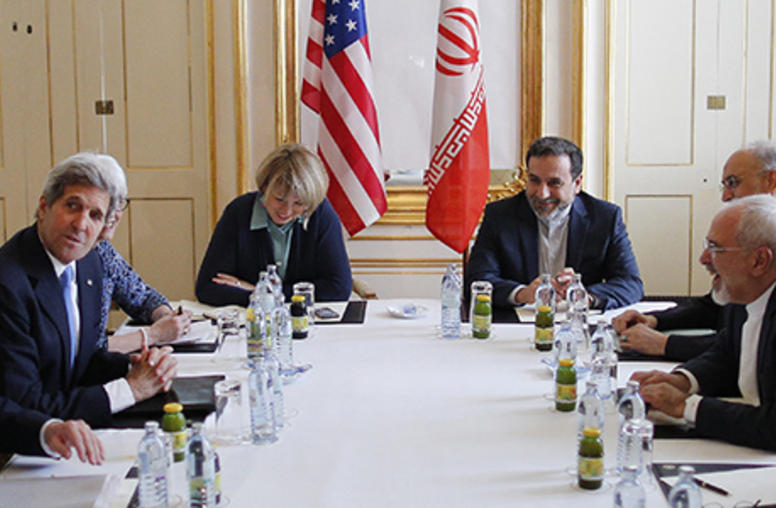
The Iran Nuclear Deal: Pitfalls and Promises
The debate swirling around the historic nuclear deal reached by Iran and the world’s six major powers this month played out among two nuclear experts, a sanctions specialist and an Iran scholar during an event co-hosted by USIP at the Woodrow Wilson International Center for Scholars yesterday. The discussion outlined many of the issues that will top agendas in Washington and Tehran as lawmakers in both countries consider the agreement in the coming months.
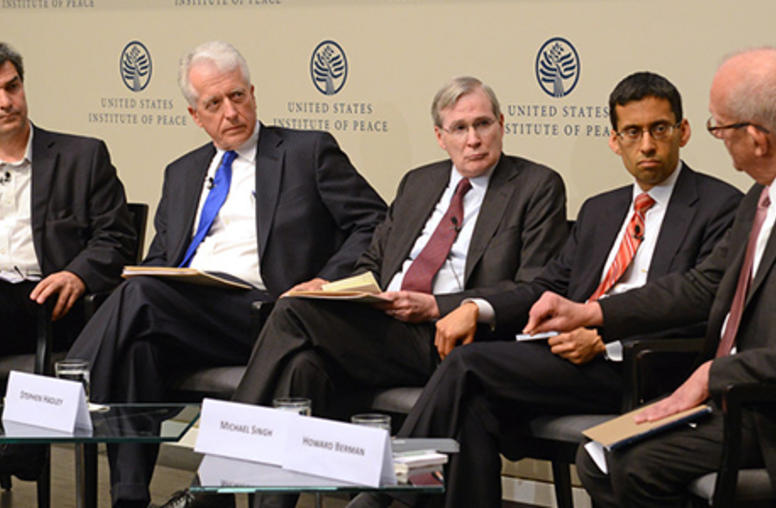
Will U.S., Iranian Politics Undercut a Nuclear Deal – or Save It?
A former Iranian lawmaker and a former member of Congress agreed that the question of whether American politics will give President Barack Obama the leeway he needs to reach a nuclear deal with Iran remains one of the central issues as negotiations resume this week. The Middle Eastern nation and the world’s six major powers face a June 30 deadline for converting a blueprint into a final agreement.
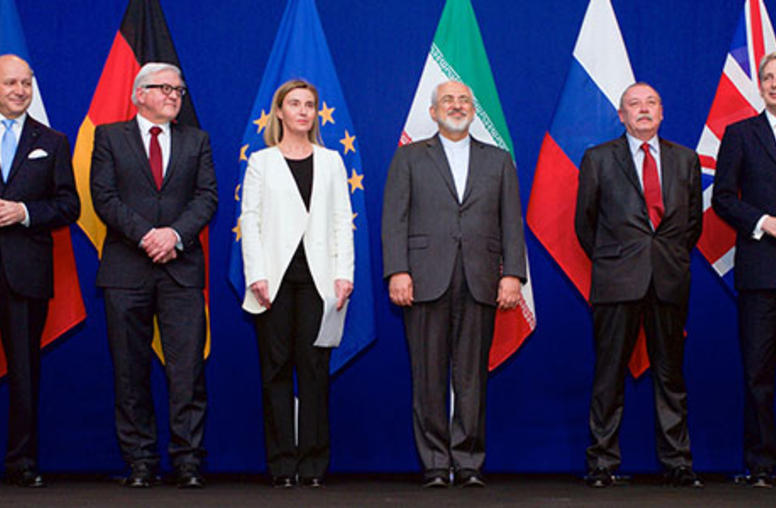
Q&A: In Principle, a Nuclear Agreement with Iran?
Iran has agreed with six major powers—the five permanent members of the U.N. Security Council plus Germany—to limit its nuclear activities for at least a decade in exchange for an end to international economic sanctions. This agreement on principles, announced yesterday, is incomplete. More talks will be needed to decide numerous technical details, including the pace at which sanctions will be lifted. As USIP’s Robin Wright explores the ramifications of the agreement for Iran’s place in the w...